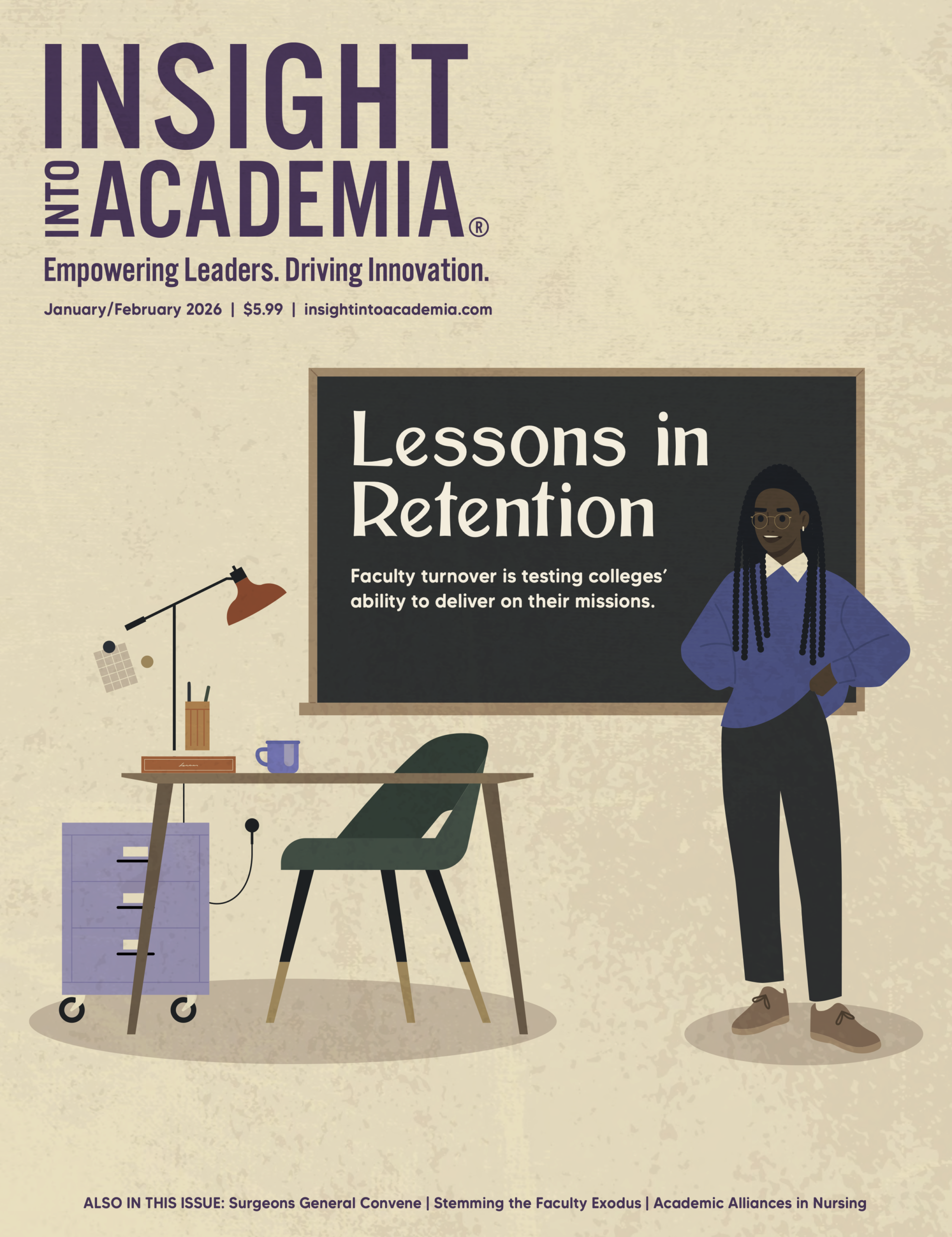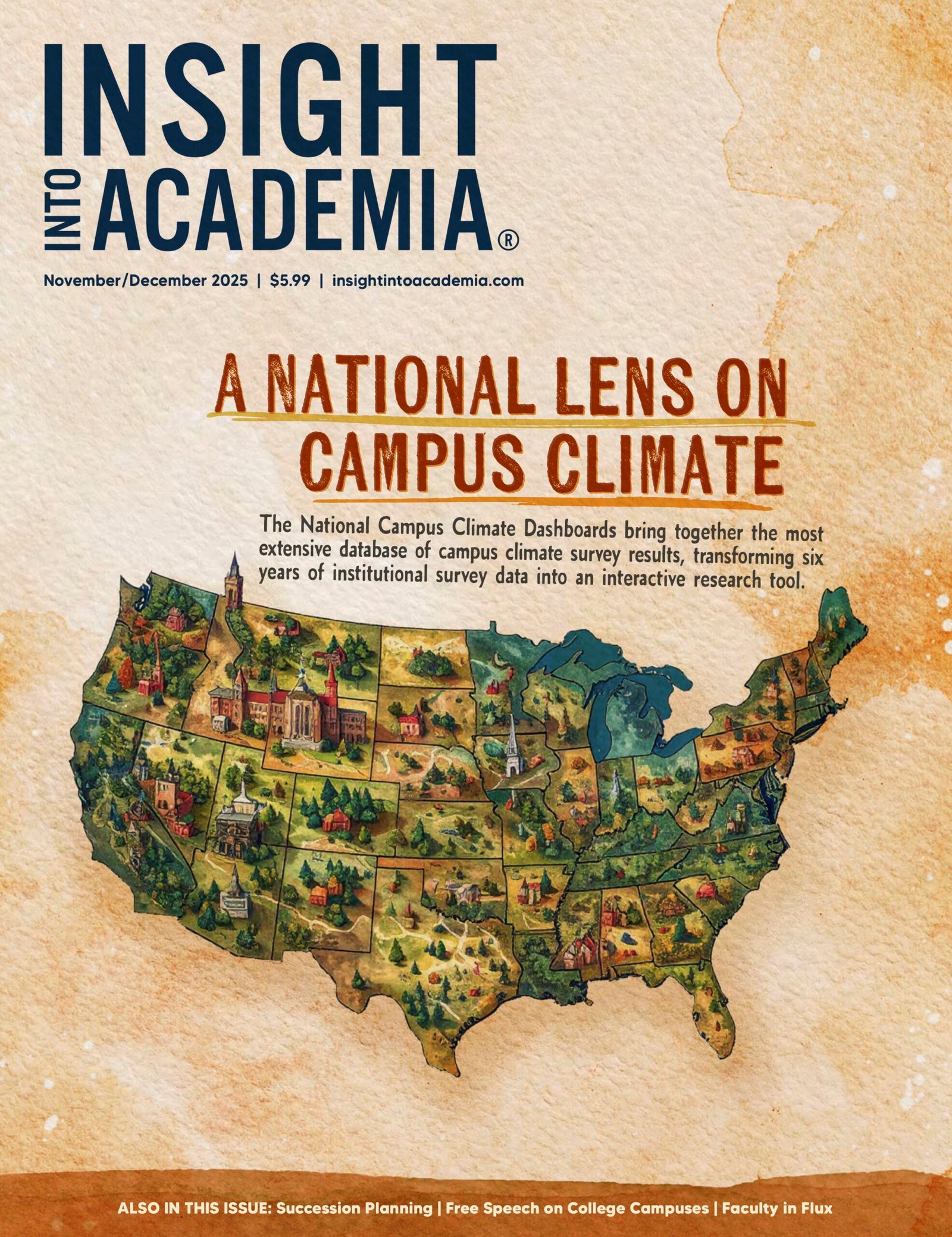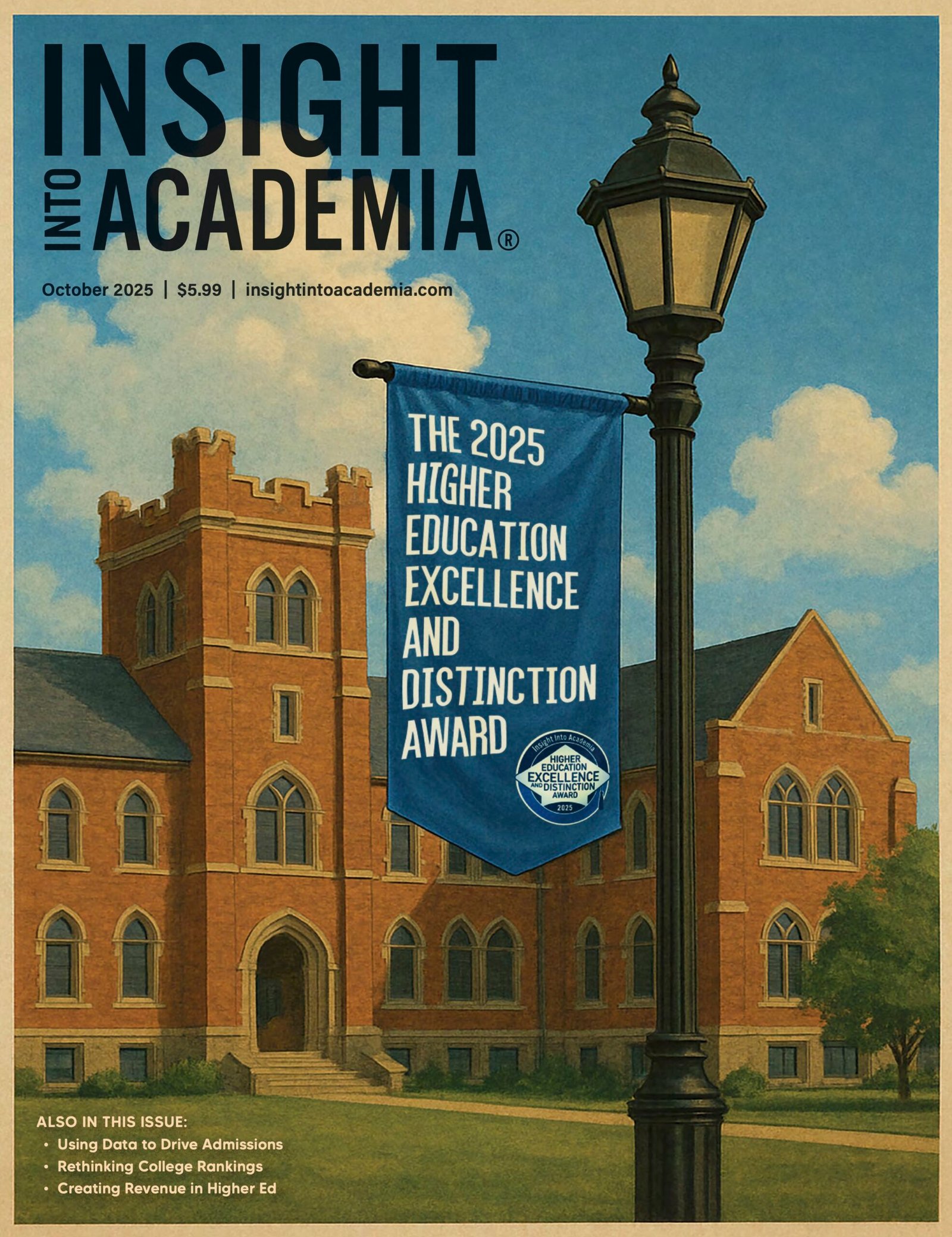The Trump administration’s push to dismantle the United States Agency for International Development (USAID) has sparked concern among public universities that rely on its funding for global research initiatives.
For decades, USAID has partnered with higher education institutions to advance international development, drawing on academic expertise to address global challenges. Research universities play a crucial role in projects such as developing climate-resilient crops, training educators abroad, and combating infectious diseases. If the agency is permanently shut down, state colleges and universities could lose hundreds of millions of dollars in research grants supporting projects in agriculture, education, and public health worldwide.
“We’re set up to be able to draw from throughout U.S. society the best of the best,” Neil Levine, a former USAID official, told Stateline, a state-focused nonprofit news organization. “That’s why Tier 1 research universities are also aid partners, and that’s why the impact of this [shutdown] goes so broadly.”
Despite its critics, USAID remains a major player in global humanitarian aid. In 2023, the agency distributed nearly $43.8 billion in assistance, accounting for about 60% of U.S. foreign aid spending. Its funding supports critical research efforts at institutions like Virginia Tech, which last summer received $5 million to collaborate with Indian universities on climate-resilient infrastructure.
“Grants from outside agencies like USAID allow us to seek and receive additional funding that, in turn, allows us to further advance our teaching, research and engagement central to our land grant mission,” Virginia Tech spokesperson Mark Owczarsk told Stateline.
With the agency’s future uncertain, universities are bracing for potential funding losses. Kansas State University, which oversees a $50 million USAID grant for agricultural research, is awaiting federal guidance.
As lawsuits challenge the administration’s move, the fate of USAID—and the research it funds—remains unclear.
“USAID works through grants and contracts which deliver expertise, training and hard goods like food, medicine and machinery, and they also charge their overhead,” Levine told Stateline. “As a result, a lot of money gets spent in the U.S. The right criticizes USAID for sending U.S. tax money overseas. The left criticizes USAID and its partners for spending too much in the U.S. Most USAID people want to do good development.”

















